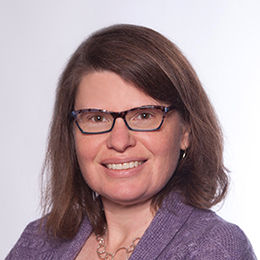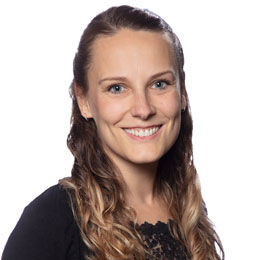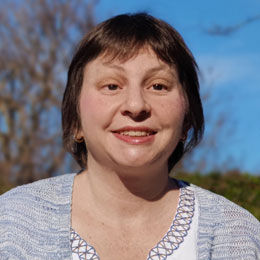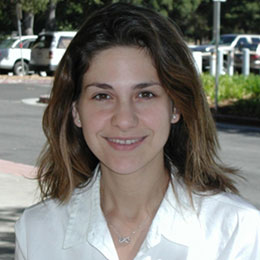Our unique approach
Causes of recurrent miscarriage can be multifactorial, such as medical, genetic, anatomic, hormonal, and immunologic abnormalities. This is why we put a multidisciplinary team behind your testing and treatment. Understanding the physical and psychological consequences of miscarriage is a central focus of our team.
Our specialists work together to identify causes of pregnancy loss and to create individualized, unique approaches to caring for each patient. Your care team could include specialists in perinatal genetics, maternal-fetal medicine (high-risk obstetrics), hematology, immunology, urology (to examine male causes), endocrinology, social work, adult psychology, and many more.
These specialists collaborate to fully understand what could be contributing to the miscarriages and to find the best way to address it. If the miscarriages are still unexplained, our female patients can enroll in clinical trials to get one step closer to finding out the cause and, hopefully, be able to conceive a healthy baby. This highly collaborative and holistic approach of our Recurrent Pregnancy Loss program team is unique, and we are the only program in country with this level of multidisciplinary integration.
Miscarriage can have a profound impact on your sense of well-being. Depression and anxiety are common in the months following the loss of a pregnancy and can last for a year or more. Be sure to talk to your provider about your concerns, anxiety, or depression.
For questions or to schedule consultations with our Fertility and Reproductive Health–Recurrent Pregnancy Loss Program, call (844) 377-1209.
Research
The physicians at Stanford Medicine Children’s Health are actively engaged in research focusing on recurrent pregnancy loss, as well as related topics including reproductive genetics and the role of preimplantation genetic testing of embryos, pregnancy health after infertility and assisted reproduction, and endometrial factors involved in implantation and early pregnancy.
Learn more about our recurrent pregnancy loss research and how you can get involved
Patient resources






















Connect with us:
Download our App: